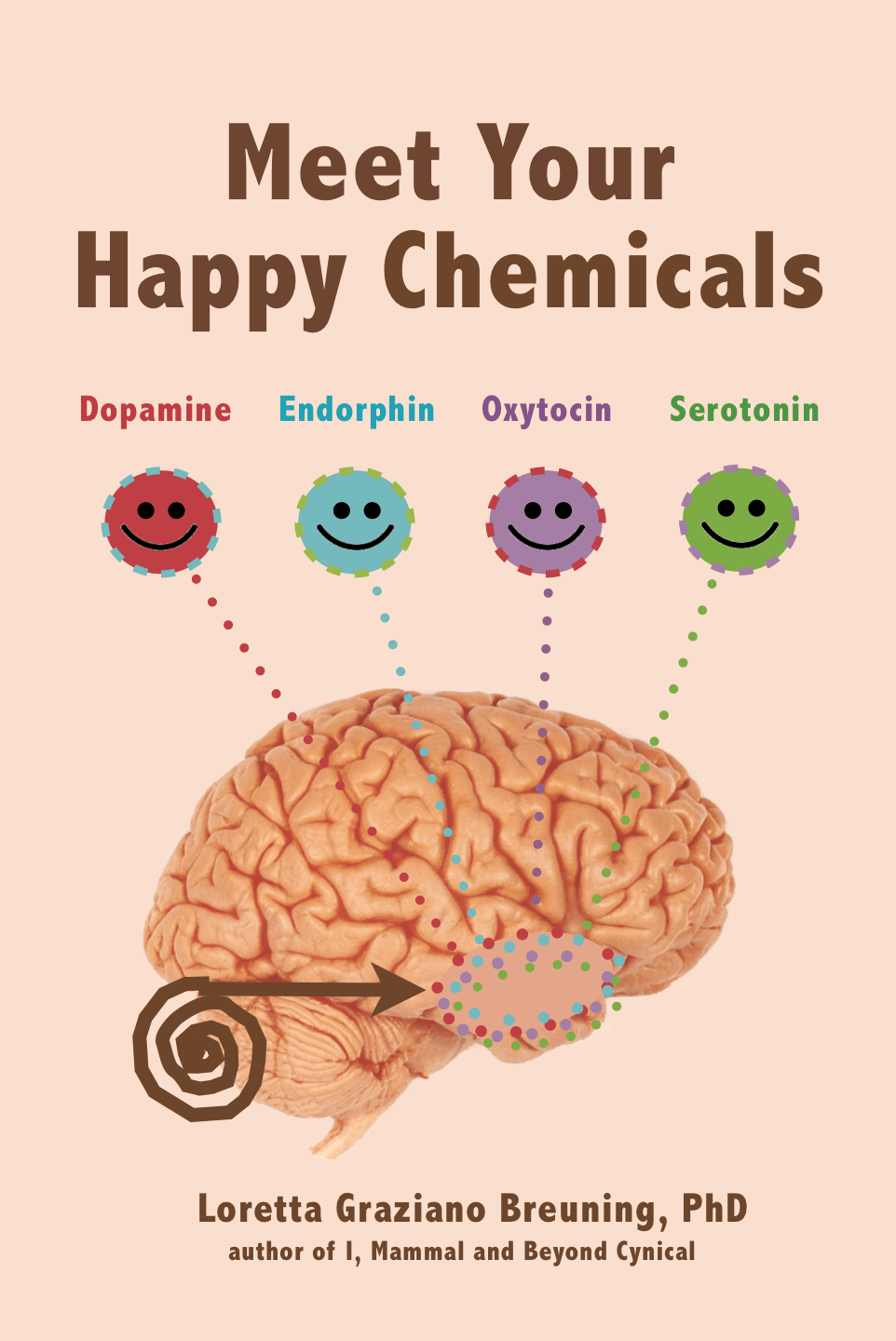
Sex should never be a snooze, but if you want to use knocking boots as a sleep aid, skip the acrobatics and opt for a subdued session. "Prolactin levels are naturally higher when we sleep, which suggests a strong relationship between the two," she says.īut if you're wild in the sack, take note: Highly active sex can make you feel more energized than sleepy. Plus, during orgasm, the hormone prolactin is released. Meston, Ph.D., director of the Sexual Psychophysiology Laboratory at the University of Texas at Austin and coauthor of Why Women Have Sex. That's because the same endorphins that help you de-stress can also relax your mind and body, priming you for slumber, says Cindy M. Quicklist: 2category: Hidden Health Benefits of Sextitle: Sounder Sleepurl: : It's downright dreamy how an O can lull you to sleep. Just one more reason to shoot for a stellar finish!

You don't have to climax to net the effects, but you'll get the biggest surge of soothing hormones if you have an orgasm.

That's because endorphins and oxytocin are released during sex, and these feel-good hormones activate pleasure centers in the brain that create feelings of intimacy and relaxation and help stave off anxiety and depression, says WH advisor Laura Berman, Ph.D., an assistant clinical professor of ob-gyn and psychiatry at the Feinberg School of Medicine at Northwestern University and author of "It's Not Him, It's You!" Research from the University of the West of Scotland reveals that people who had intercourse at least once over two weeks were better able to manage stressful situations such as public speaking, says study author and psychology professor Stuart Brody, Ph.D. “Voluntary exercise is the single best thing one can do to slow the cognitive decline that accompanies normal aging,” says Linden.Quicklist: 1category: Hidden Health Benefits of Sextitle: Less Stressurl: : If you're freaking out about tomorrow's job interview, slip between the sheets. Other mental benefits include:īy making running or jogging (or any aerobic exercise) a regular part of your routine, you stand to earn more than just physical gains over time. What’s more, the hippocampus - the part of the brain associated with memory and learning - has been found to increase in volume in the brains of regular exercisers. “It blunts the brain’s response to physical and emotional stress.” “Exercise has a dramatic antidepressive effect,” says Linden. Exercise may also produce new brain cells in certain locations through a process called neurogenesis, which may lead to an overall improvement in brain performance and prevent cognitive decline. The mental benefits don’t stop when you finish your run - regular cardiovascular exercise can spark growth of new blood vessels to nourish the brain. Unlike endorphins, endocannabinoids can move easily through the cellular barrier separating the bloodstream from the brain, where these mood-improving neuromodulators promote short-term psychoactive effects such as reduced anxiety and feelings of calm.

That relaxed post-run feeling may instead be due to endocannabinoids - biochemical substances similar to cannabis but naturally produced by the body.Įxercise increases the levels of endocannabinoids in the bloodstream, Linden explains. Research shows that endorphins do not pass the blood-brain barrier.

“Indeed, many distance runners feel merely drained or even nauseated at the end of a long race, not blissful,” says Linden.Īnd though endorphins help prevent muscles from feeling pain, it is unlikely that endorphins in the blood contribute to a euphoric feeling, or any mood change at all. Surveys have revealed runner’s high to be rather rare, however, with a majority of athletes never experiencing it. Popular culture identifies these as the chemicals behind “runner’s high,” a short-lasting, deeply euphoric state following intense exercise. When you start out on your run, your body goes through a transition: Your breathing may become heavy, and you might notice your pulse quicken as the heart pumps harder to move oxygenated blood to your muscles and brain.Īs you hit your stride, your body releases hormones called endorphins. What Happens to Your Body - and Brain - During a Run


 0 kommentar(er)
0 kommentar(er)
